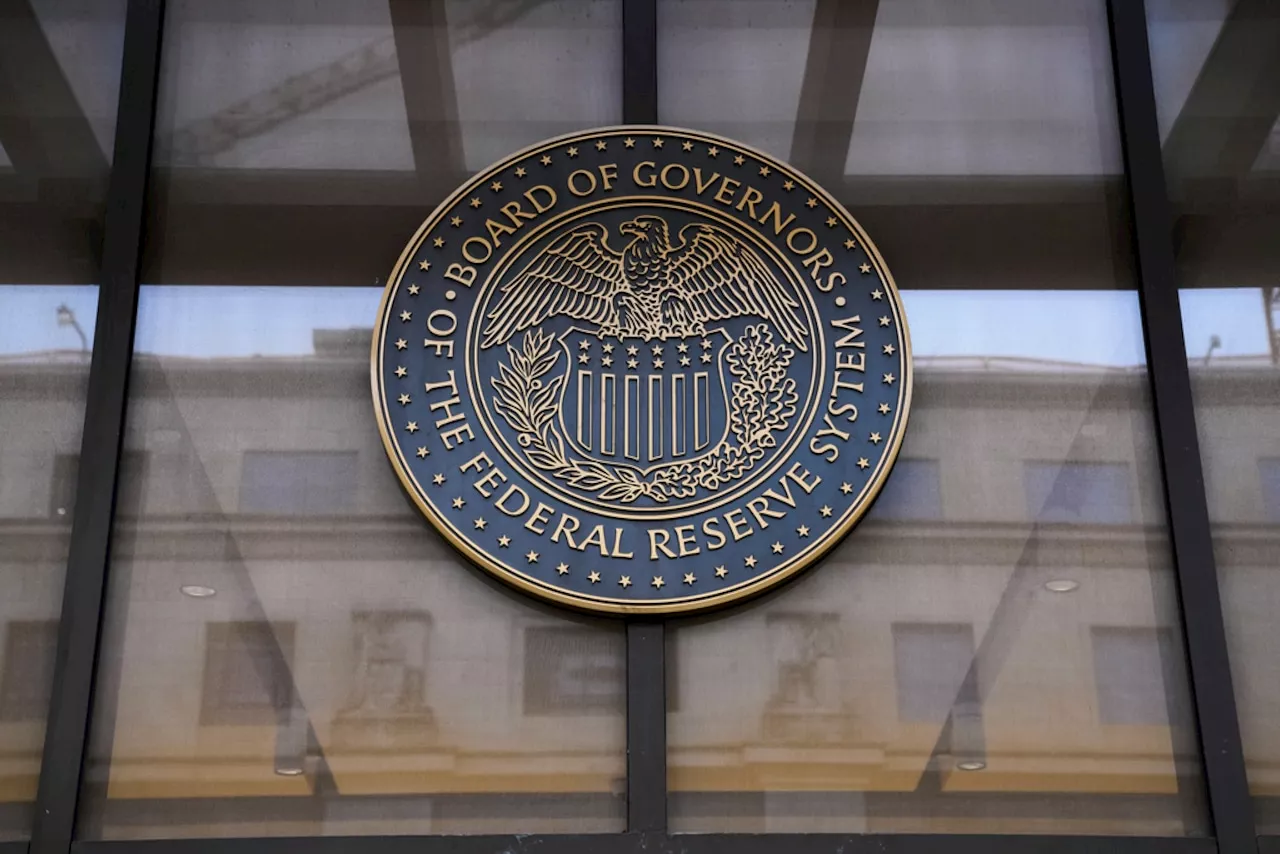Business
Trump Pressures Fed for Interest Rate Cuts Amid Economic Concerns

The independence of the Federal Reserve is facing scrutiny as former President Donald Trump intensifies calls for interest rate reductions. Despite the Fed’s commitment to remain insulated from political influence, Trump’s persistent pressure raises questions about the balance between economic policy and political intervention.
In recent months, Trump has publicly urged the Federal Reserve to cut interest rates. His appeals come at a time when inflation remains a significant concern for the U.S. economy. During a March 2024 rally in Washington D.C., he stated, “Lower interest rates would unleash the economy and help American families.” This sentiment resonates with many Americans feeling the pressure of rising costs and stagnant wages.
The Federal Reserve, led by Chairman Jerome Powell, has traditionally operated independently of presidential influence to ensure unbiased monetary policy. The institution aims to manage inflation and support maximum employment through careful adjustments to interest rates. Nonetheless, Trump’s interventions highlight a growing tension between economic strategy and political expectations, especially as the 2024 election approaches.
Trump’s remarks reflect a broader concern among many on Wall Street about the direction of monetary policy. Investors are closely monitoring the Fed’s actions, weighing the potential impacts of interest rate changes on market performance. As inflation remains above the Fed’s target of 2%, the pressure to adjust rates is mounting.
In his May 2024 address, Powell emphasized the Fed’s commitment to data-driven decision-making, stating, “Our goal is to ensure price stability and economic growth, not to respond to political pressures.” His remarks underline the challenges the Fed faces in maintaining independence while navigating external pressures.
The ongoing discourse surrounding interest rates is not merely academic; it has direct implications for consumers and businesses alike. Lowering rates could stimulate borrowing and spending, potentially invigorating the economy. However, such actions could also exacerbate inflation, presenting a delicate balancing act for the Fed.
As the economic landscape evolves, the Fed’s response to Trump’s interventions will be closely watched. The central bank’s policy decisions will be crucial in shaping the economic environment leading up to the election.
In conclusion, the intersection of politics and monetary policy is increasingly complex. Trump’s calls for lower interest rates serve as a reminder of the challenges the Federal Reserve faces in maintaining its independence while responding to the economic needs of the nation. As both the Fed and political figures like Trump navigate this landscape, the implications for the U.S. economy and its citizens remain significant.
-

 Lifestyle3 months ago
Lifestyle3 months agoLibraries Challenge Rising E-Book Costs Amid Growing Demand
-

 Sports3 months ago
Sports3 months agoTyreek Hill Responds to Tua Tagovailoa’s Comments on Team Dynamics
-

 Sports3 months ago
Sports3 months agoLiverpool Secures Agreement to Sign Young Striker Will Wright
-

 Lifestyle3 months ago
Lifestyle3 months agoSave Your Split Tomatoes: Expert Tips for Gardeners
-

 Lifestyle3 months ago
Lifestyle3 months agoPrincess Beatrice’s Daughter Athena Joins Siblings at London Parade
-

 World3 months ago
World3 months agoWinter Storms Lash New South Wales with Snow, Flood Risks
-

 Science3 months ago
Science3 months agoTrump Administration Moves to Repeal Key Climate Regulation
-

 Science2 months ago
Science2 months agoSan Francisco Hosts Unique Contest to Identify “Performative Males”
-

 Business3 months ago
Business3 months agoSoFi Technologies Shares Slip 2% Following Insider Stock Sale
-

 Science3 months ago
Science3 months agoNew Tool Reveals Link Between Horse Coat Condition and Parasites
-

 Sports3 months ago
Sports3 months agoElon Musk Sculpture Travels From Utah to Yosemite National Park
-

 Science4 months ago
Science4 months agoNew Study Confirms Humans Transported Stonehenge Bluestones









